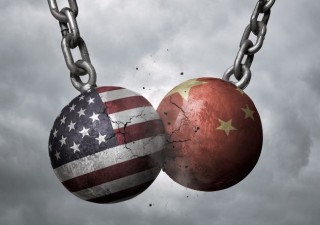Law firms
China
- AFD China Intellectual Property
- Bayramoglu Law Offices LLC
- CCPIT Patent And Trademark Law Office
- Cheng & Peng Intellectual Property Law Office
- China Patent Agent (H.K.)
- Dennemeyer
- Fairsky Law Office
- Ge Cheng & Co.
- GoldenGate Lawyers
- Grander IP Law Firm
- IP March
- IntellecPro
- Kangxin Partners
- Li & N Intellectual Property Agency Ltd
- Longsun Lead IP
- Unitalen Attorneys at Law
- Way Insight IP Services
- Yuhong IP Law Firm
- Zhifan IP Attorneys
- Zhiheng Law Firm, Qianhai Office







